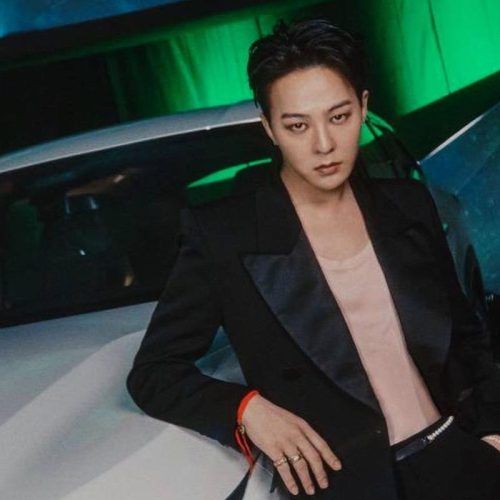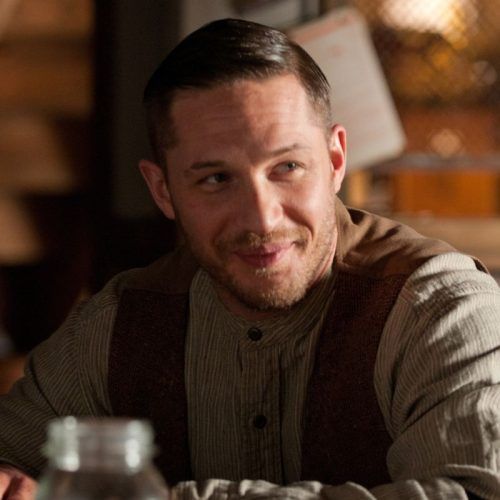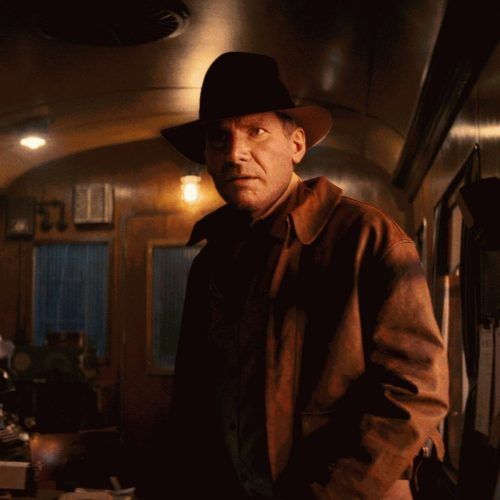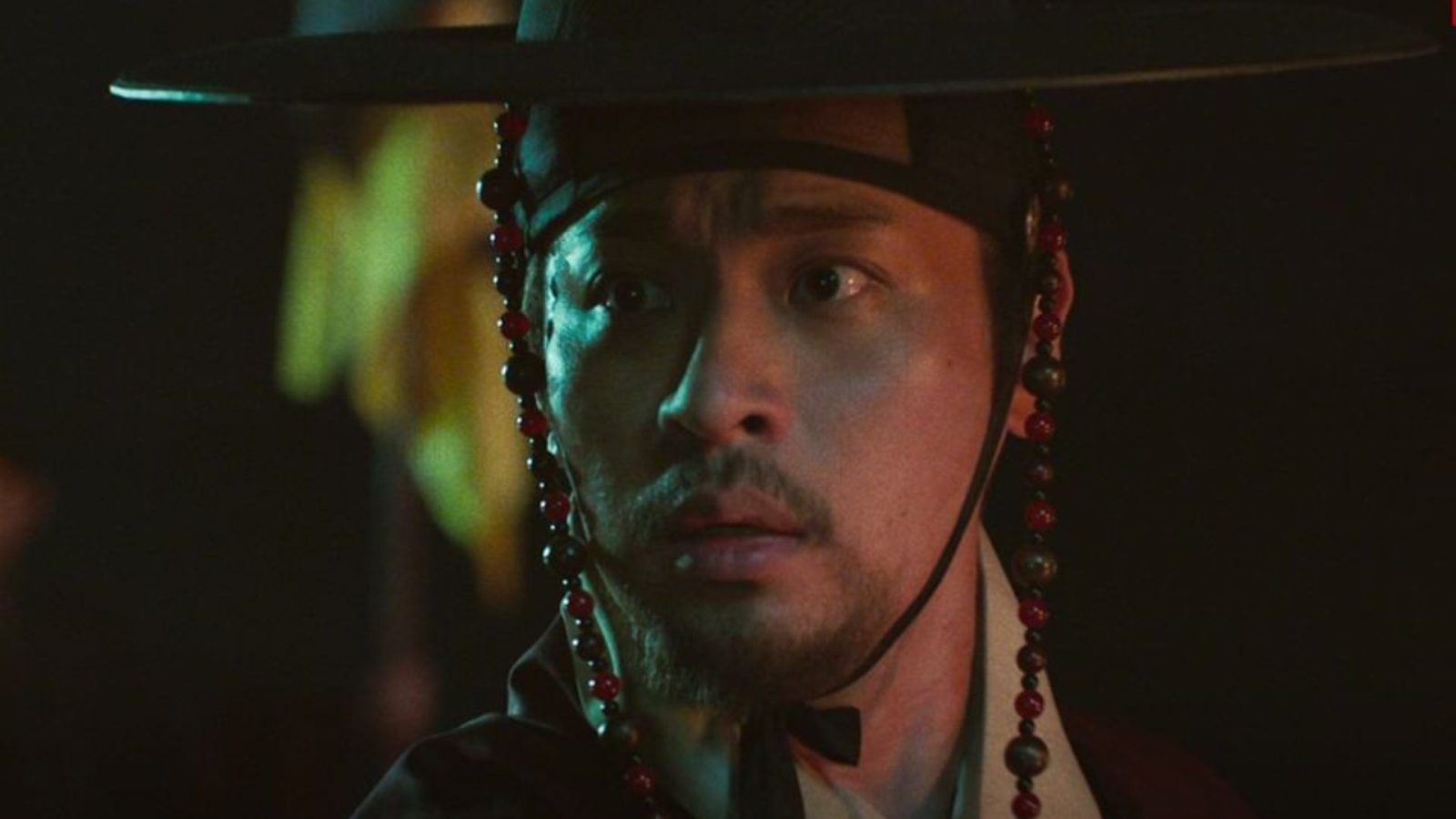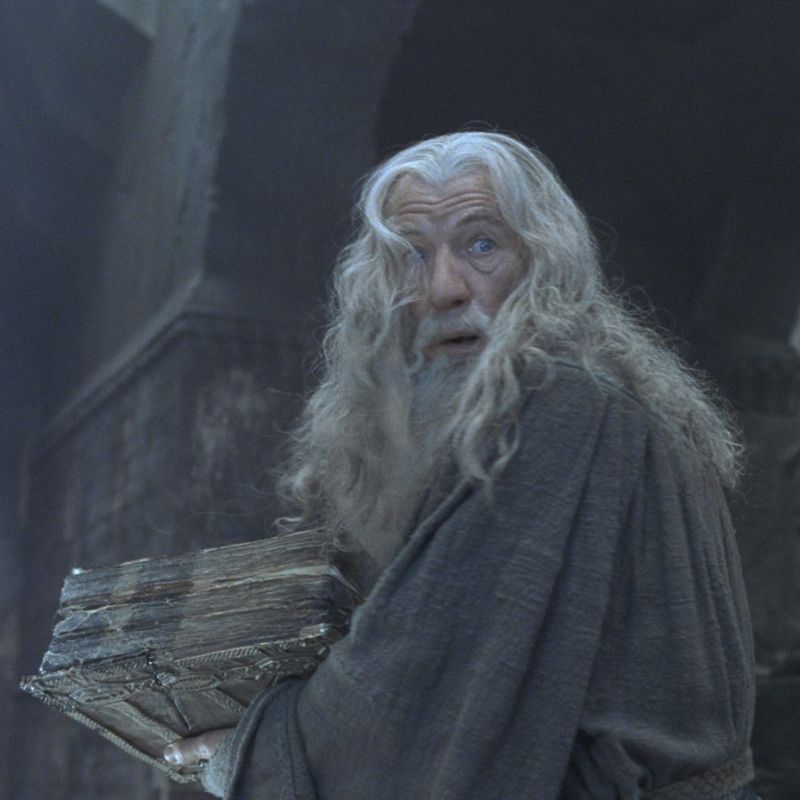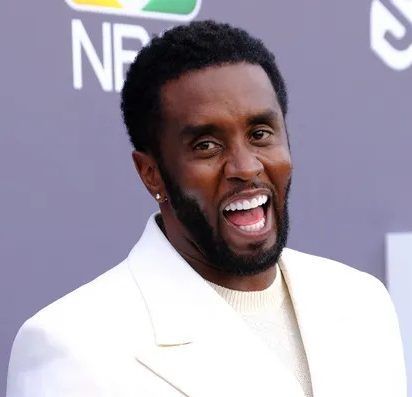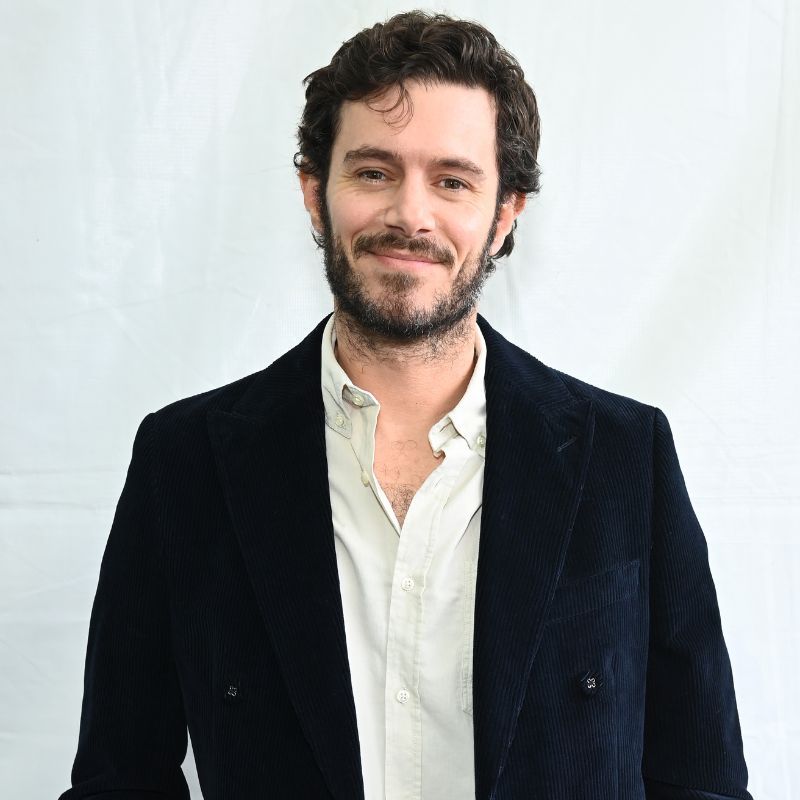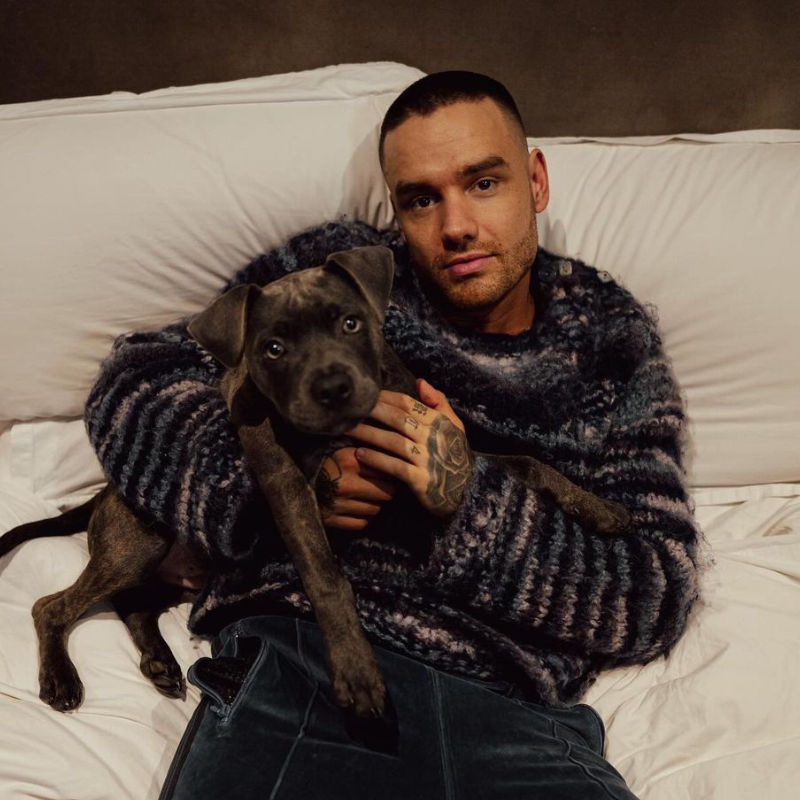Netflix’s latest movie Uprising stays true to its Korean title “전, 란”, which translates to “War, Uprising” and presents a raw portrayal of the Joseon dynasty’s rigid societal expectations about class amid the upheaval of Korea’s six-year Imjin War with Japan. Curious to know how director Kim Sang-man ties up this historical war flick? Here we bring you all the details of the Korean movie Uprising, from the plot to the ending explained.
Starring popular actors Kang Dong-won and Park Jeong-min, Uprising follows the story of the son (Park) of a nobleman and his slave (Kang) as they turn from friends to enemies, to perform their individual duties during the late 16th-century Joseon Dynasty.
The first collaboration between OTT giant Netflix and legendary Korean director Park Chan-wook, who has produced as well as co-written the screenplay, Uprising was the opening film for the 2024 Busan International Film Festival (BIFF). With this, the action-war epic became the first streaming platform film to open the festival in BIFF’s 29-year history.
Producer Park said in a press conference (via The Korea Times), “I deliberately waited to see the film at the BIFF’s opening ceremony, declining earlier viewing opportunities. The film exceeded expectations, and I felt grateful to have been part of it.”
Spoilers ahead!
Uprising movie ending explained: How did Cheon-yeong become a slave? What led to his friendship with Jong-ryeo?
View this post on Instagram
The Korean period drama film opens with the death of Jeong Yeo-rip (played by Kwon Hyuk), a wise scholar who condemns the master-slave practice during the reign of King Seonjo (played by Cha Seung-won) and deems all Koreans equal in their access to comfort, freedom and opportunity within late 16th century Joseon’s Neo-Confucianist society. However, accused of treason, Yeo-rip is besieged by government forces and later takes his own life.
During this time, Cheon-yeong (played by Kang), who is captured by a slave hunter, is brought to his former master, Yi Jong-ryeo (played by Park). Fed up with being forced to give up on freedom, Cheon-yeong urges his master to kill him and promises that if he stays alive he will throw his whole family “into a raging fire”.
The narrative then shifts to the past and a flashback gives viewers more insight into Cheon-yeong. He was born a commoner but despite his father’s pleas, was assigned as a slave. This led his father to commit suicide. Meanwhile, Cheon-yeong, a skilled swordsman since his childhood, grew up with his master Jong-ryeo, the son of Joseon’s highest military official and king Seonjo’s closest military officer. Unlike Cheon-yeong, Jong-ryeo was not brilliant with his sword and every time the latter made a mistake during his training, his father would cane Cheon-yeong. Tired of constantly being beaten, Cheon-yeong started training Jong-ryeo secretly at night. When Jong-ryeo’s father discovered that his son was almost as good as Cheon-yeong, he ordered Cheon-young to train Jong-ryeo.
Years passed and the two boys became the closest of friends. However, Jong-ryeo was still unable to pass the national military exams. Soon, in place of a not-so-brilliant Jong-ryeo, the skilled Cheon-yeong sat for the prestigious military exam, almost reminding one of Rajkumar Hirani’s hit Bollywood movie 3 Idiots.
As expected, Cheon-yeong excelled in the exams. But Jong-ryeo’s father never kept his promise and didn’t grant him the freedom he deserved. He instead sent slave hunters to kill Cheon-yeong. The flashback ended with Jong-ryeo helping Cheon-yeong escape. He also gifted him his cherished sword.
Uprising movie ending explained: Why did Cheon-yeong and Jong-ryeo become enemies?
In the present timeline, the slave hunters once again successfully capture Cheon-yeong. They bring him back to Jong-ryeo’s father and accuse him of stealing the sword. When Cheon-yeong vows to avenge himself by burning the whole family if not killed that instant, Jong-ryeo is left with no other choice but to order his solitary confinement. The same night, the Japanese Army crosses the border and King Seonjo flees the capital. Jong-ryeo accompanies the king, but before leaving, he visits an unconscious Cheon-yeong and frees him of the chains.
Elsewhere in the Korean movie, the slaves revolt after learning about the war. They rob and then finish off Jong-ryeo’s family. When Cheon-yeong regains consciousness, nothing much is left. He still tries to save Jong-ryeo’s wife and son, but she willingly throws herself into the fire not wanting to be saved by a slave. A devastated Cheon-yeong only recovers Jong-ryeo’s favourite sword and the blue robe. On his way out, a slave hunter notices Cheon-yeong and assumes he killed the whole family. He forwards the information to Jong-ryeo, thus ending their longtime friendship.
Uprising Korean movie ending explained: What is the outcome of the war?
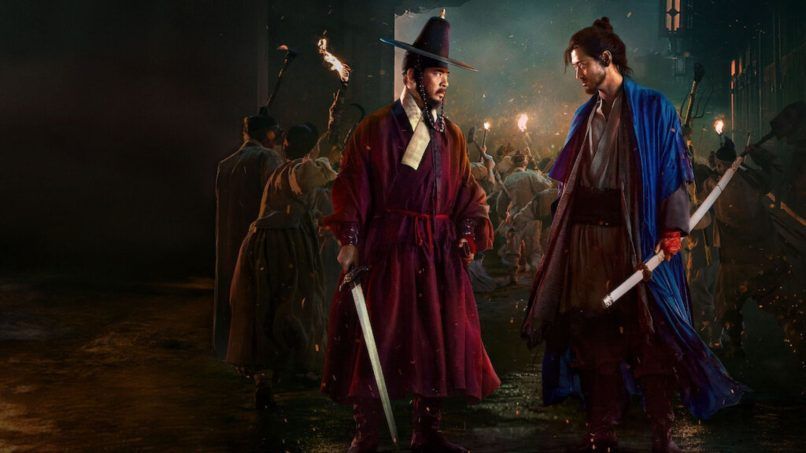
After the war breaks out, the slaves and common people turn against King Seonjo and accuse him of abandoning his capital. However, the king promises to set them free once they win the war.
Meanwhile, Jong-ryeo turns blind with rage and vows revenge. Cheon-yeong, on the other hand, establishes himself as one of the leaders of the volunteer militia. He and his army put up a brave fight against the Japanese Army and their scheming vanguard Genshin Kikkawa (played by Jung Sung-il).
The war ends after seven long years. But, as expected, King Seonjo once again betrays his people and focuses on retaining the glory of his palace. However, Cheon-yeong and militia leader Ja-ryeong (played by Jin Sun-kyu) capture Genshin and head to the capital to present him to the king, still hopeful of the latter’s favour. Upon arrival, they are given a warrior’s welcome by the people. But, in another great betrayal, Seonjo and his men falsely frame Ja-ryeong of treason and kill all his men. Only Cheon-yeong manages to flee the capital.
Uprising ending: Do Jong-ryeo and Cheon-yeong survive the war in the Korean movie?
View this post on Instagram
After Ja-ryeong’s death, the people revolt. Cheon-yeong vows revenge on the king and sets out to fully become the traitor they painted him to be. The king takes Jong-ryeo’s advice and uses Genshin to capture the remaining army of the volunteer militia. Jong-ryeo, on the other hand, leaves a message for Cheon-yeong, inviting him to a final duel at the shore. Upon arrival, he finds that Genshin has turned against Jong-ryeo. Soon, a Pirates of the Caribbean: Dead Man’s Chest-inspired three-way sword fight ensues between Geshin, Jong-ryeo and Cheon-yeong. Amid the epic display of swordsmanship, Jong-ryeo comes clean to Cheon-yeong. Heartbroken that a misunderstanding started their rivalry, he explains the truth to his old friend. Jong-ryeo realises his mistake but Genshin ends up slaying him to death. In his final moments, Jong-ryeo asks Cheon-yeong for forgiveness.
Towards the end of the Netflix original movie Uprising, Cheon-yeong honours Jong-ryeo by finally killing Genshin. Before the credits roll, king Seonjo, still unaware of Jong-ryeo’s death, receives multiple treasure boxes. As his men open them, the king is horrified to find salt and severed noses that Geshin collected from his Korean victims. The scene then shifts to Cheon-yeong, who starts a new volunteer militia on the other side of the kingdom.
Uprising is available to stream on Netflix
(Hero and Featured image: Courtesy Netflix)
Frequently Asked Questions (FAQs)
While there's no Korean movie about the Korean War in 2024, over the years, there have been multiple movies about the Korean War. these imclude 'Tae Guk Gi: The Brotherhood of War', 'Welcome to Dongmakgol' and 'The Battle of Jangsari'.
Some of the best K-dramas is based on Joseon dynasty are 'Gyeongseong Creature', 'Kingdom', 'King: the Eternal Monarch', 'Under the Queen’s Umbrella' and 'The Red Sleeve'.
Tags
Most Popular

